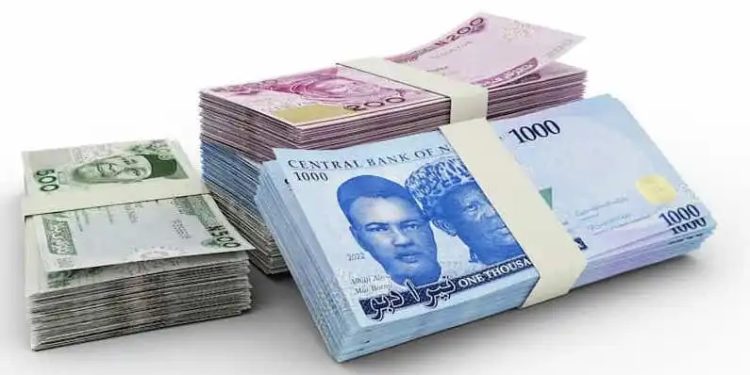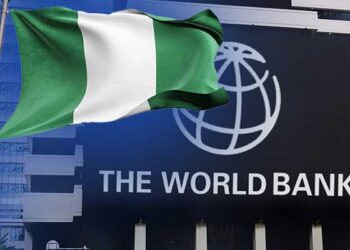The devaluation of the Naira in 2023 resulted in a significant foreign exchange gain of ₦8.6 billion for Nigeria’s Identification for Development (ID4D) project, an initiative supported by international financiers including the World Bank, aimed at ensuring all Nigerians are enrolled for the National Identification Number (NIN).
According to the recently released 2023 audited financial statement of the project, the ID4D, which started in 2020 with a budget of $430 million, is co-funded by the International Development Association (IDA), the French Development Agency (AFD), and the European Investment Bank (EIB).
Forex Gains and Financial Details
The financial statement revealed that funds received in USD and Euros were converted to Nigerian Naira at prevailing exchange rates. Over the reviewed period, the accounts managed by the National Identity Management Commission (NIMC) and the Central Bank of Nigeria (CBN) received $2,538.92 and €3.03 million. With the Naira depreciating from N448.05/$1 at the beginning of the year to N898.8/$1 by the end of 2023, and from N478.3/€1 to N993.9/€1, the devaluation resulted in a forex gain of ₦8.6 billion.
Impact on Project Funding
This gain provides NIMC with additional funds to advance several critical aspects of the ID4D project. Planned enhancements include the procurement of power backup systems, improvements in telecommunications between NIMC’s backend sites, the acquisition of a Computer Emergency Response Team (CERT) and Security Operations Center (SOC), upgrades to the data recovery center (DRC), and the purchase of contact center and Customer Relationship Management (CRM) solutions.
As of June 2024, the World Bank reported that the project’s disbursement rate was at 37.37%, equating to about $160.7 million of the $430 million budget. To ensure the project meets its objectives, the World Bank announced in July that the project’s completion date would be extended to 2026.
Legislative and Administrative Developments
For further disbursements, an amendment to the NIMC Act is necessary to create a more inclusive and non-discriminatory legal framework. The Nigerian National Assembly has begun repealing and enacting the NIMC Act No. 23, which aims to enhance the efficacy and inclusivity of the Identity Management System.
The NIMC stated that the amendments would expand the scope of registrable persons, which is expected to bolster national security, facilitate efficient service delivery, and promote financial inclusion.
Project Goals and Challenges
The ID4D project, approved by the IDA Board in 2020, aims to significantly increase the number of Nigerians with a national ID number by 2024. Despite setting a target of 148 million Nigerians to be issued NINs by June 2024, the NIMC reported only 107.3 million had been issued by April 2024.
Other objectives include issuing NINs to at least 65 million women and 50 million children under 16 by June 1, 2024, developing functional public and private services that use the ID system for authentication, and improving enrolment in rural areas. The project also aims to train government personnel in best practices for legal and regulatory environments concerning foundational ID, including privacy and data protection.
Bpttom Line
The devaluation of the Naira has provided a substantial financial boost to Nigeria’s ID4D project, aiding its mission to improve the nation’s identification system and facilitating broader access to digital services. The restructuring and extension of the project timeline reflect the ongoing efforts to meet these ambitious targets and address the gaps identified during the initial phases.











